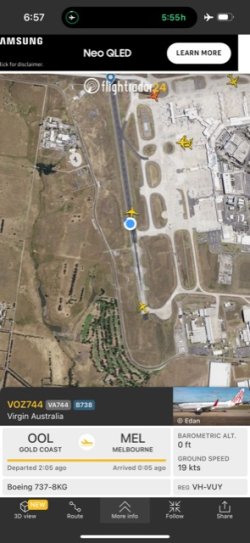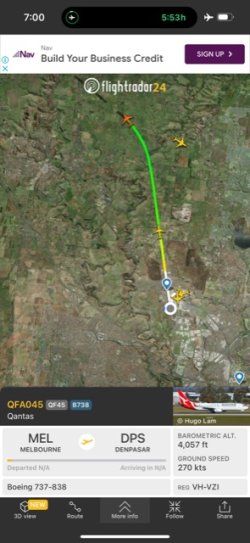How old are you now?
Airlines generally want experience commensurate with age. So young pilots with very low hours, but progressively more experience as they get older. At 30 you’d probably need a couple of thousand hours, or be from the air force to have any chance.
Progression within the airlines can be extremely slow. Right now, it takes about 20 years in the company before QF will look at you for a 737 command.
At this instant in time there is a shortage of pilots, caused by a combination of demographics, and the choices airlines made during covid. The upshot is that there are some interesting jobs on offer, but not at the entry level. Emirates, for instance, is looking for direct entry A380 Captains, but you need lots of Airbus heavy command hours as a basic requirement. This shortage will get worse over the next few years, but once the slots are filled, they’ll be occupied by younger people, without the age gradient that is normally there. This will probably result in another long period of stagnation as soon as the shortage ends. In other words, get in right now, or there’s a fair chance the slots won’t exist.
Spending the $100k and getting a CPL is simply a step. There is no guarantee of a job at the other end. Also keep in mind that pilots vary in skill. Airlines test for this. Something else to consider….the air force is very selective about who they take for pilot training, rejecting well over 90% of applicants. Of the ones who are successful, they then fail about 50%. The ones who get past this will be the 30 year olds you’ll be competing with.
The career itself can be very cyclic, going from boom to bust overnight. Think Ansett mark 1 & 2, Virgin, Compass (mark ?), and so on. I was lucky and spent over 30 years with one company, but there’s no guarantee. World events have overly large effects on airlines.
Is the aim of this to put you off? Well, yes, in many ways. My advice to any who ask is always to get a qualification that will put food on the table, when the dream career fails to take off. Fly privately for fun. If you must follow through with the pilot route, the sooner you are in the system the better.

















